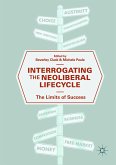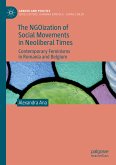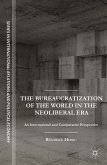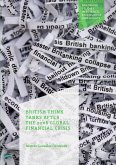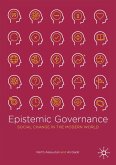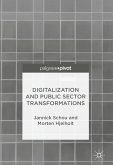This book explores the consequences of the last three decades' substantial neoliberal securitisation of freedom of speech, democracy and social security of racialised groups. Its empirical material contains in-depth interviews with racialised politicians, journalists, academics and civil society activists in Sweden. Like many other countries, Sweden has combined a neoliberal reorganisation of society with securitisation policies in which 'the war on terror' has played a central role. In order to understand the complexity of neoliberal securitisation policies and the analysis of the empiric material, the study makes use of central theoretical concepts, such as 'the spiral of silence', 'symbolic violence', 'governmentalisation' and 'neoliberal racism.' It will be of particular interest to students and scholars of political sociology, social policy and social work.
Masoud Kamali is Professor of sociology and social work. He has been appointed by the Swedish government as the head of the 'Governmental Inquiry into Power, Integration and Structural Discrimination'. He has also been the scientific leader of the major European research project "European Dilemma: Institutional Patterns and Politics" which resulted in many international publications by researchers from eight EU member states.
Dieser Download kann aus rechtlichen Gründen nur mit Rechnungsadresse in A, B, BG, CY, CZ, D, DK, EW, E, FIN, F, GR, HR, H, IRL, I, LT, L, LR, M, NL, PL, P, R, S, SLO, SK ausgeliefert werden.



